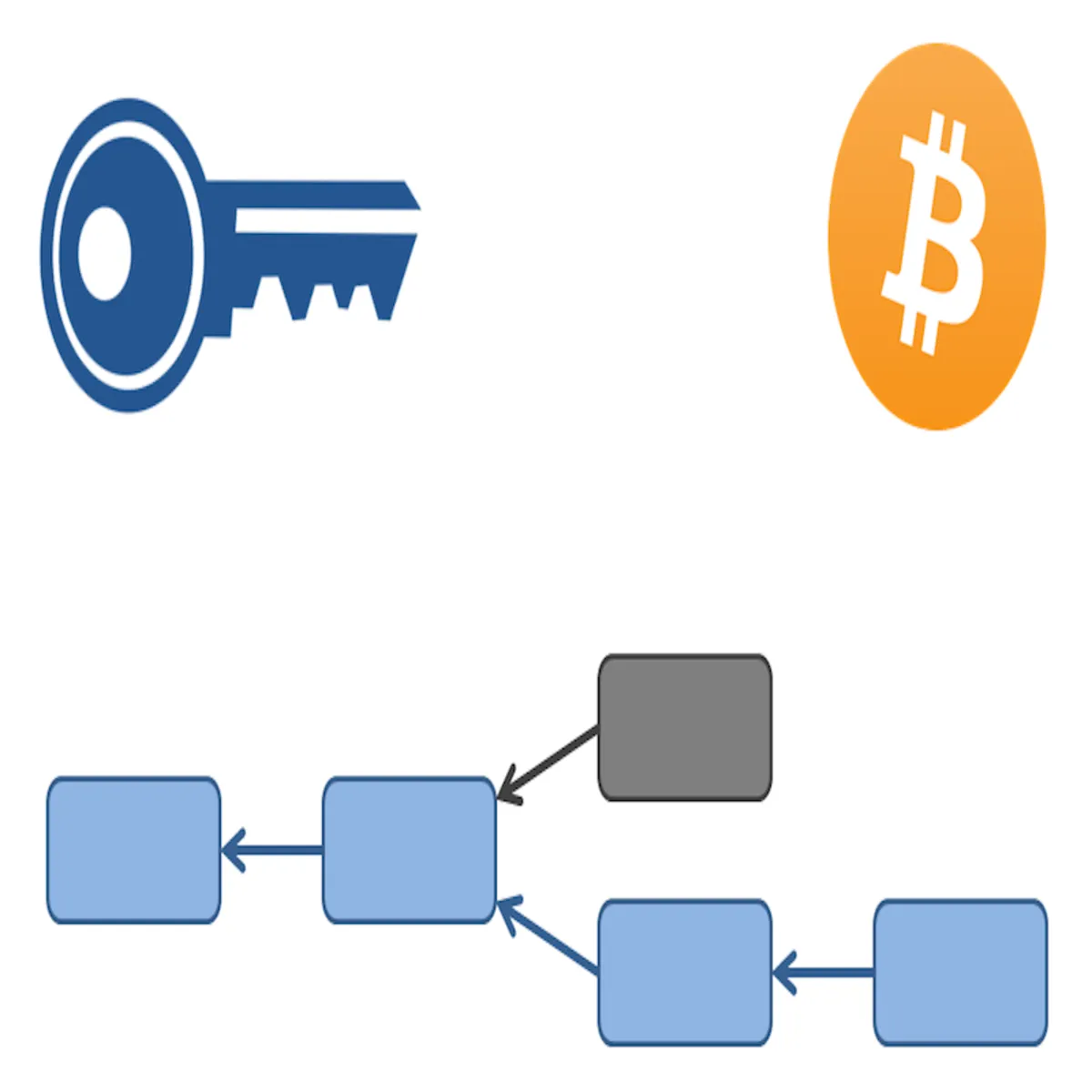
Bitcoin and Cryptocurrency Technologies 
This course from Princeton University provides an in-depth exploration of Bitcoin and Cryptocurrency Technologies. Students will gain an understanding of how Bitcoin works at a technical level, and explore important questions such as: How does Bitcoin work? What makes Bitcoin different? ▼
ADVERTISEMENT
Course Feature
![]() Cost:
Cost:
Free
![]() Provider:
Provider:
Coursera
![]() Certificate:
Certificate:
Paid Certification
![]() Language:
Language:
English
![]() Start Date:
Start Date:
Self Paced
Course Overview
❗The content presented here is sourced directly from Coursera platform. For comprehensive course details, including enrollment information, simply click on the 'Go to class' link on our website.
Updated in [March 06th, 2023]
This course, Bitcoin and Cryptocurrency Technologies, provides an overview of the revolutionary yet often misunderstood technologies of digital currency. Led by Arvind Narayanan of Princeton University, the course will explore the fundamentals of Bitcoin and other cryptocurrencies, and how they work. Students will gain an understanding of the security and anonymity of Bitcoin, as well as the factors that determine its price. The course will also discuss the potential for regulation of cryptocurrencies, and what the future may hold. By the end of the course, students will have the knowledge and skills to separate fact from fiction when reading claims about Bitcoin and other cryptocurrencies, and be able to engineer secure software that interacts with the Bitcoin network.
[Applications]
Those who have completed the Bitcoin and Cryptocurrency Technologies course will be able to apply their knowledge to a variety of applications. They will be able to develop secure software that interacts with the Bitcoin network, as well as integrate ideas from Bitcoin into their own projects. Additionally, they will be able to separate fact from fiction when reading claims about Bitcoin and other cryptocurrencies.
[Career Paths]
1. Cryptocurrency Analyst: Cryptocurrency analysts are responsible for researching and analyzing the performance of various digital currencies, such as Bitcoin, Ethereum, and Litecoin. They must be able to identify trends in the market and provide insights into the potential future of the cryptocurrency market. This job requires a deep understanding of the technology behind cryptocurrencies, as well as the ability to interpret and analyze data.
2. Blockchain Developer: Blockchain developers are responsible for developing and maintaining distributed ledger technology (DLT) applications. They must have a strong understanding of the underlying blockchain technology and be able to design and implement secure and efficient applications. This job requires a combination of technical and business skills, as well as an understanding of the legal and regulatory aspects of blockchain technology.
3. Cryptocurrency Trader: Cryptocurrency traders are responsible for buying and selling digital currencies on exchanges. They must be able to identify profitable trading opportunities and execute trades quickly and efficiently. This job requires a deep understanding of the cryptocurrency markets, as well as the ability to analyze and interpret market data.
4. Cryptocurrency Consultant: Cryptocurrency consultants are responsible for providing advice and guidance to businesses and individuals on how to use and invest in cryptocurrencies. They must have a deep understanding of the technology and be able to provide advice on the best strategies for investing in digital currencies. This job requires a combination of technical and business skills, as well as an understanding of the legal and regulatory aspects of cryptocurrencies.
[Education Paths]
1. Computer Science Degree: A computer science degree is a great way to learn the fundamentals of Bitcoin and cryptocurrency technologies. This degree will provide students with the knowledge and skills to develop secure software that interacts with the Bitcoin network. Additionally, students will learn about the development of blockchain technology and its applications in the financial sector.
2. Business Degree: A business degree is a great way to learn about the economics of Bitcoin and cryptocurrency technologies. Students will learn about the financial markets and how Bitcoin and other cryptocurrencies are being used in the financial sector. Additionally, students will learn about the regulatory environment surrounding cryptocurrencies and how to develop strategies for investing in them.
3. Economics Degree: An economics degree is a great way to learn about the economics of Bitcoin and cryptocurrency technologies. Students will learn about the financial markets and how Bitcoin and other cryptocurrencies are being used in the financial sector. Additionally, students will learn about the regulatory environment surrounding cryptocurrencies and how to develop strategies for investing in them.
4. Law Degree: A law degree is a great way to learn about the legal aspects of Bitcoin and cryptocurrency technologies. Students will learn about the regulatory environment surrounding cryptocurrencies and how to develop strategies for investing in them. Additionally, students will learn about the legal implications of blockchain technology and its applications in the financial sector.
Course Provider

Provider Coursera's Stats at AZClass
Discussion and Reviews
0.0 (Based on 0 reviews)
Explore Similar Online Courses

7 Reasons Your IT or Other Projects May Fail

WSL 2 Docker Kali Linux and Windows Terminal - get started

Python for Informatics: Exploring Information

Social Network Analysis

Introduction to Systematic Review and Meta-Analysis

The Analytics Edge

DCO042 - Python For Informatics

Causal Diagrams: Draw Your Assumptions Before Your Conclusions

Whole genome sequencing of bacterial genomes - tools and applications

What& Meta - How Metaverse Change the World - Short Course

Code Your Own Cryptocurrency on Ethereum (ERC-20 Token)

Learn Python Programming and Cryptocurrency Data Analysis
 Related Categories
Related Categories
 Popular Providers
Popular Providers
Quiz
 Submitted Sucessfully
Submitted Sucessfully
1. Who is the lecturer of the course?
2. What is the main purpose of the course?
3. What might the future of Bitcoin hold?
4. What is the main purpose of this course?
5. Who are the course lecturers for Bitcoin and Cryptocurrency Technologies?
Correct Answer: Arvind Narayanan, Princeton University


Start your review of Bitcoin and Cryptocurrency Technologies